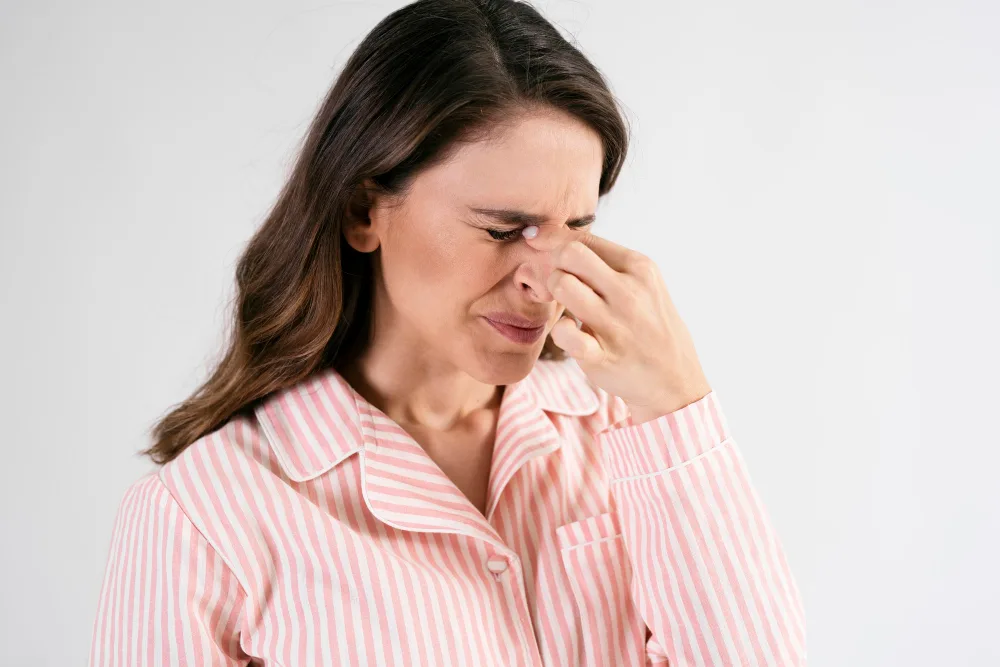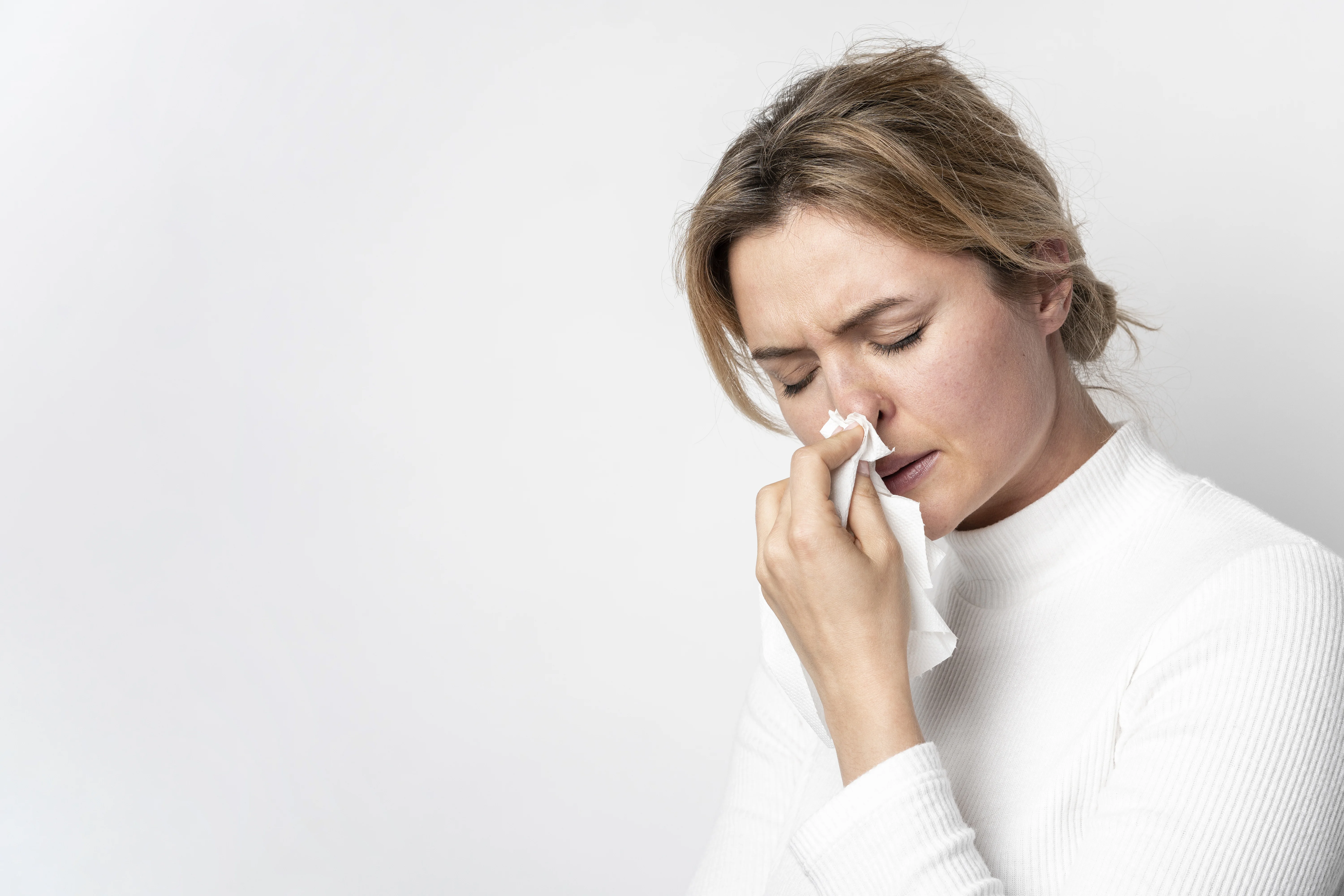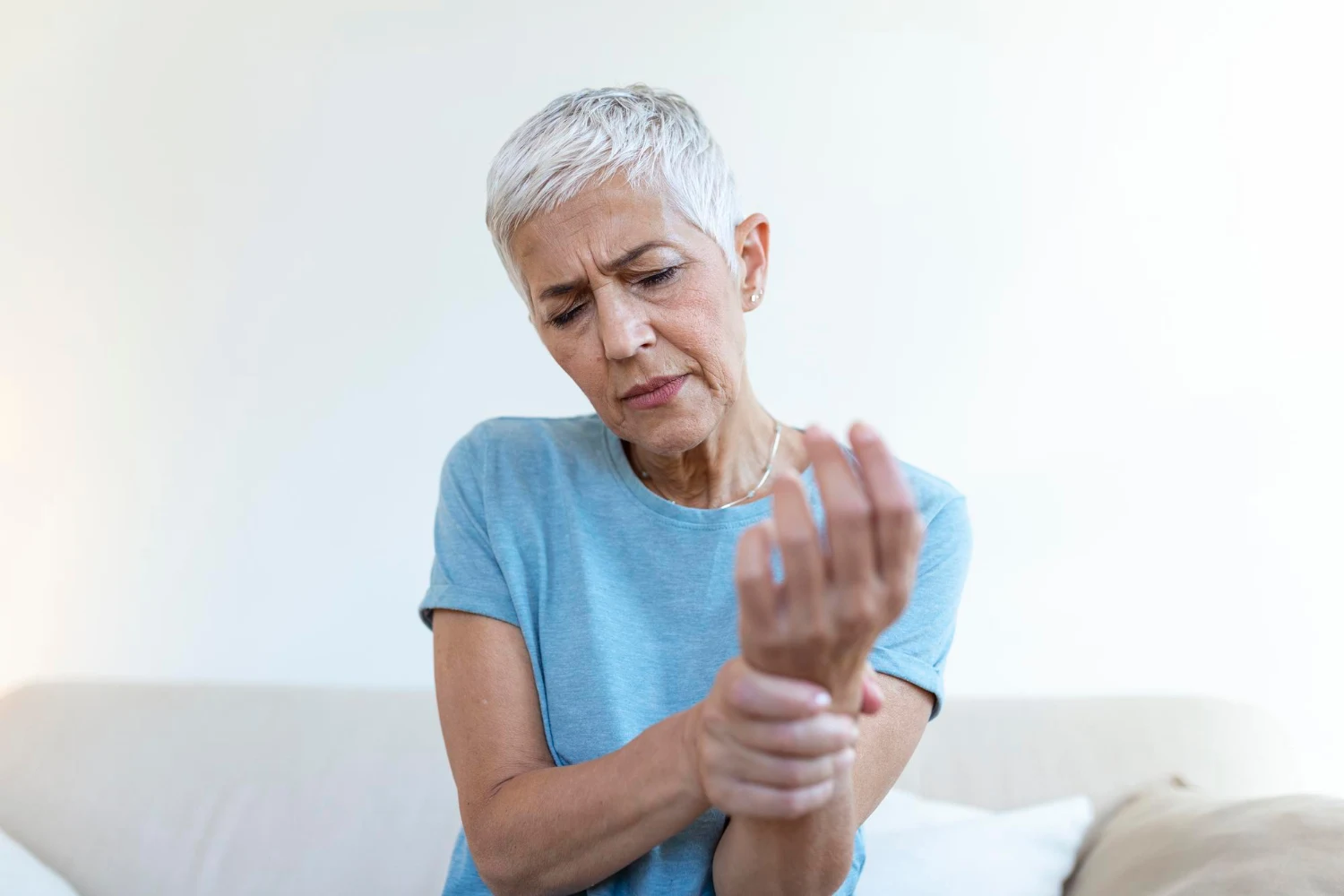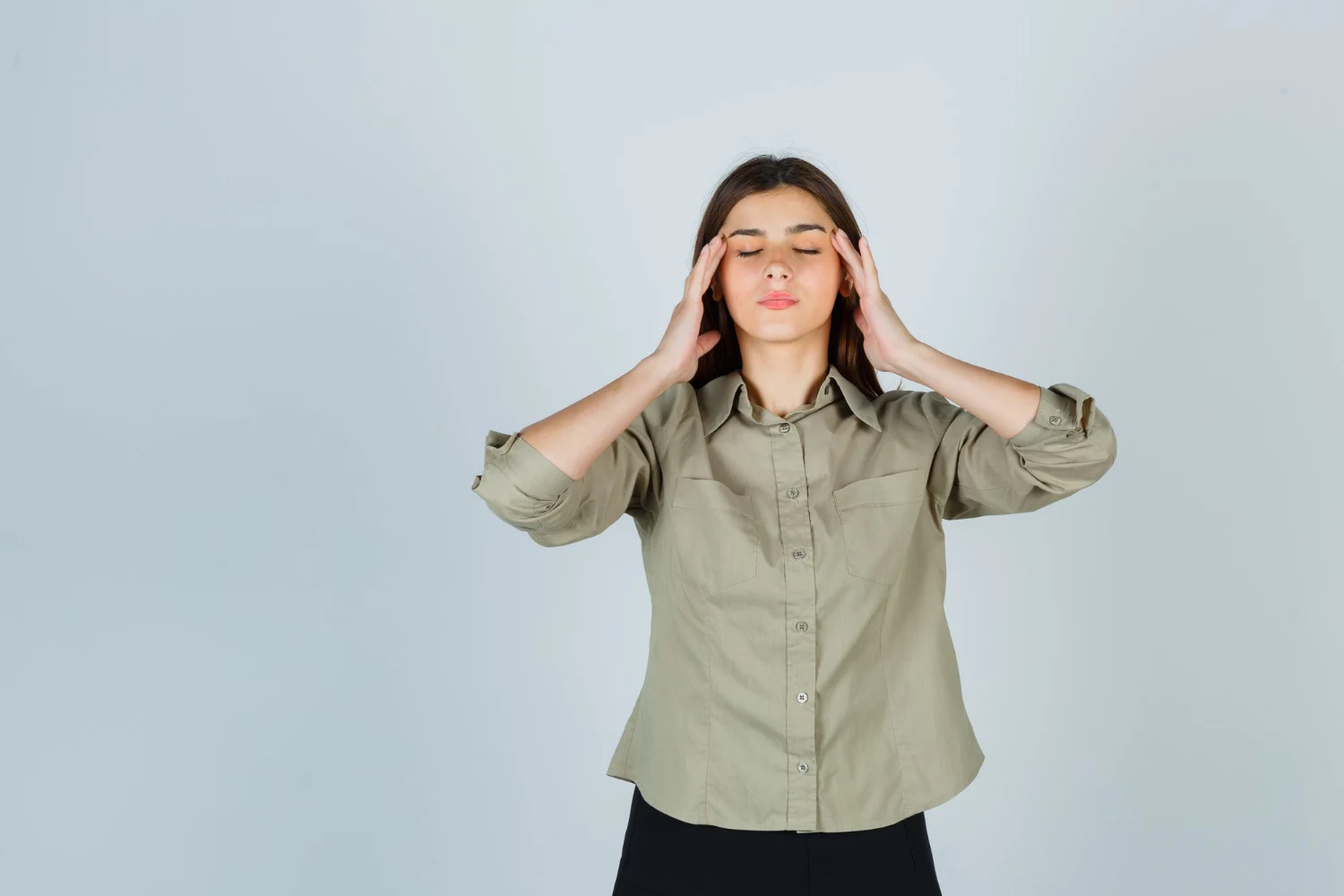How Can You Identify and Prevent a Sinus Infection?
Category: General medicine
Sinus infections, also known as sinusitis, can disrupt your daily life with painful symptoms and discomfort. Knowing how to identify and prevent a sinus infection is crucial for maintaining your overall health. In this guide, we will walk you through the common signs of sinus infections, their causes, and actionable tips to help you prevent them from occurring in the future.
What is a Sinus Infection?
A sinus infection occurs when your sinus cavities become inflamed, typically due to a viral infection, bacteria, or allergens. Sinuses are air-filled cavities located behind your forehead, cheekbones, and eyes. When these sinuses become blocked or infected, it can lead to pain, congestion, and discomfort.
Common Symptoms of Sinus Infections
Recognizing the symptoms early can help you take timely measures for relief. Here are the most common symptoms of a sinus infection:
- Nasal Congestion: Difficulty breathing through your nose due to swelling of the sinuses.
- Facial Pain or Pressure: A sensation of pressure around the eyes, cheeks, or forehead.
- Headache: A dull or sharp headache caused by sinus blockage.
- Thick Nasal Discharge: Yellow or green mucus from the nose or down the throat.
- Sore Throat: Often caused by postnasal drip (mucus dripping down the back of your throat
- Cough: A persistent cough that may worsen at night.
- Fatigue: Feeling unusually tired or drained due to the body fighting the infection.
- Fever: A mild fever that may accompany the infection.
Causes of Sinus Infections
Several factors can contribute to the development of a sinus infection, including:
- Viral Infections: The most common cause of sinusitis, often following a cold or flu.
- Bacterial Infections: Less common, but can occur if a viral infection leads to bacterial growth in the sinuses.
- Allergens: Pollen, dust, and other allergens can irritate the sinuses and lead to inflammation.
- Environmental Factors: Pollution and dry air can contribute to sinus problems.
- Nasal Polyps: Growths inside the nasal passages that can block the sinuses and cause infection.
How to Prevent Sinus Infections
Prevention is key to maintaining healthy sinuses. Here are some effective strategies to avoid sinus infections:
1. Maintain Proper Hydration
Drinking plenty of water keeps mucus thin, allowing it to flow freely and preventing sinus blockages. Aim for at least 8 glasses of water a day.
2. Use a Humidifier
Dry air can irritate the sinuses and lead to infections. Using a humidifier adds moisture to the air and helps keep your sinuses clear.
3. Avoid Allergens
If you're prone to allergies, it's essential to minimize exposure to triggers like dust, pollen, and pet dander. Regular cleaning and using air purifiers can help reduce allergens in your home.
4. Practice Good Hygiene
Regular handwashing and avoiding close contact with sick individuals can help prevent the spread of viruses that can lead to sinus infections.
5. Stay Away from Smoke
Cigarette smoke and other pollutants can irritate the sinuses and increase your risk of infection. Avoid smoking and stay away from smoky environments.
6. Use Nasal Irrigation
Nasal irrigation with a saline solution helps flush out mucus and allergens from your nasal passages, reducing the likelihood of a sinus infection.
7. Treat Allergies Promptly
Managing allergies with medication can help prevent sinus irritation and infections. Consult a healthcare provider for proper treatment.
8. Protect Yourself from Colds and Flu
By getting the flu vaccine and practicing proper cold prevention measures, you can reduce your chances of developing a sinus infection from a cold or flu virus.
9. Healthy Diet and Lifestyle
Eating a balanced diet rich in vitamins and minerals boosts your immune system, helping you fend off infections, including sinusitis.
10. Consult with a Doctor
If you suffer from chronic sinus infections, a healthcare provider can recommend treatments such as nasal sprays or antibiotics to help manage the condition.
Why Choose Lokmanya Hospitals for Sinus Infection Treatment?
At Lokmanya Hospitals, we provide advanced care for sinus infections, with a team of experienced ENT specialists dedicated to delivering personalized treatment plans. Our state-of-the-art facilities ensure accurate diagnoses and effective treatment options, including minimally invasive procedures designed for faster recovery.
We offer a comprehensive approach to sinusitis, addressing both immediate symptoms and long-term prevention. From expert care to lifestyle guidance, we prioritize your comfort and well-being at every step. Contact Lokmanya Hospitals today to schedule a consultation and start your journey to better sinus health.
Conclusion
Sinus infections can be uncomfortable, but knowing how to identify and prevent them can help you maintain your health. By following preventive measures like staying hydrated, avoiding allergens, and maintaining good hygiene, you can significantly reduce your risk of developing a sinus infection. If you experience persistent symptoms, don't hesitate to seek medical advice to ensure proper treatment.
FAQs about Sinus Infections
1.What is the difference between a cold and a sinus infection?
A cold is caused by a viral infection, while a sinus infection (sinusitis) involves inflammation or infection of the sinus cavities, often after a cold.
2. Can sinus infections be treated with over-the-counter medication?
Yes, medications like decongestants, nasal sprays, and pain relievers can help alleviate symptoms. However, consult a doctor for long-term issues.
3. Is a sinus infection contagious?
Sinus infections themselves aren't typically contagious, but the viruses or bacteria that cause them may be.
4. How long does a sinus infection last?
A sinus infection can last from a few days to several weeks, depending on whether it's viral or bacterial.
5. Are sinus infections more common in the winter?
Yes, cold and flu season can increase the risk of sinus infections due to the spread of viruses and dry air.
6. Can sinus infections lead to serious complications?
In rare cases, untreated sinus infections can lead to complications such as meningitis or an ear infection, especially in individuals with weakened immune systems.
7. Can I prevent sinus infections with a healthy diet?
A healthy diet can support immune health, reducing the likelihood of viral infections that can lead to sinusitis.
8. What should I do if I have a sinus infection and no fever?
Even without a fever, if you're experiencing persistent symptoms, it’s best to see a doctor to determine the appropriate treatment.
9. Is it safe to use nasal sprays regularly for sinus infections?
Overuse of nasal decongestant sprays can cause rebound congestion. It's important to use them as directed and consult a doctor for long-term use.
10. Can sinus infections cause tooth pain?
Yes, sinus infections can cause pain in the upper teeth due to the proximity of the sinuses to the tooth roots.







